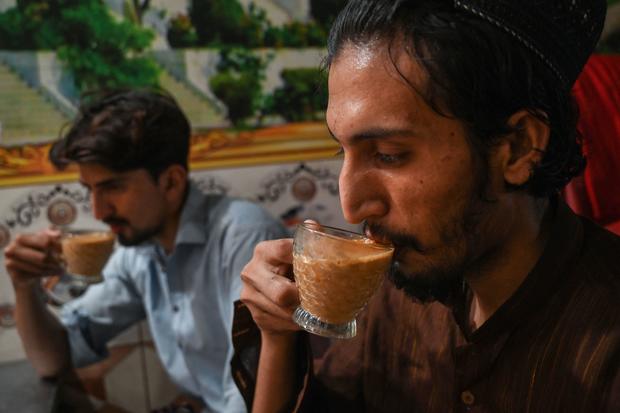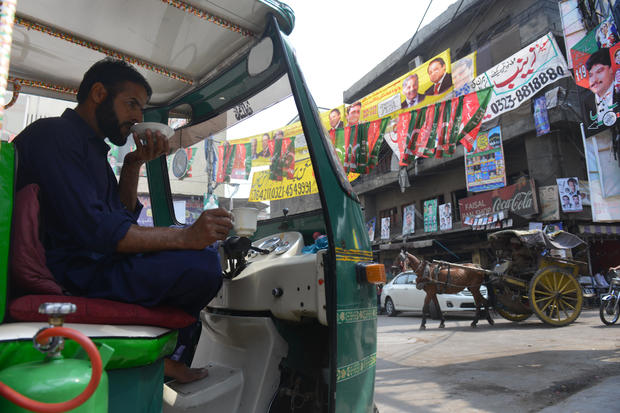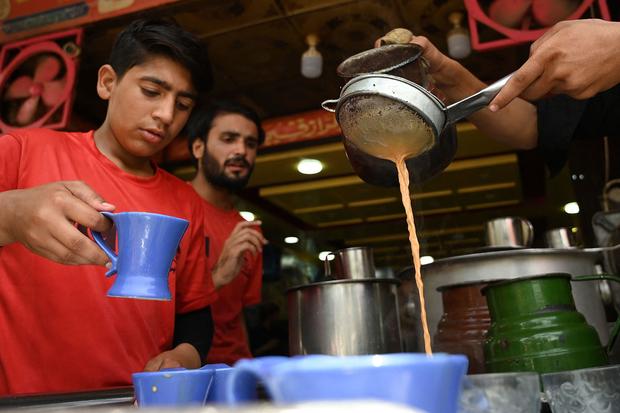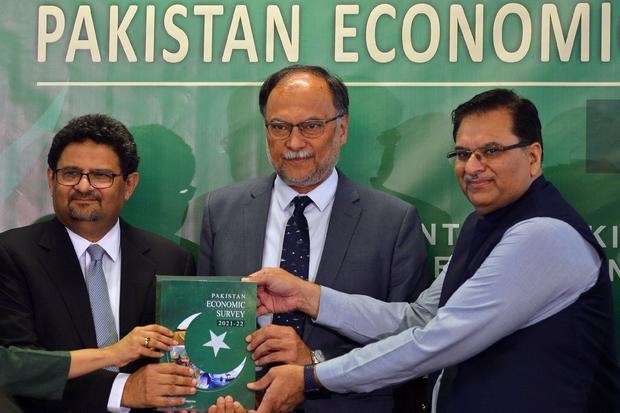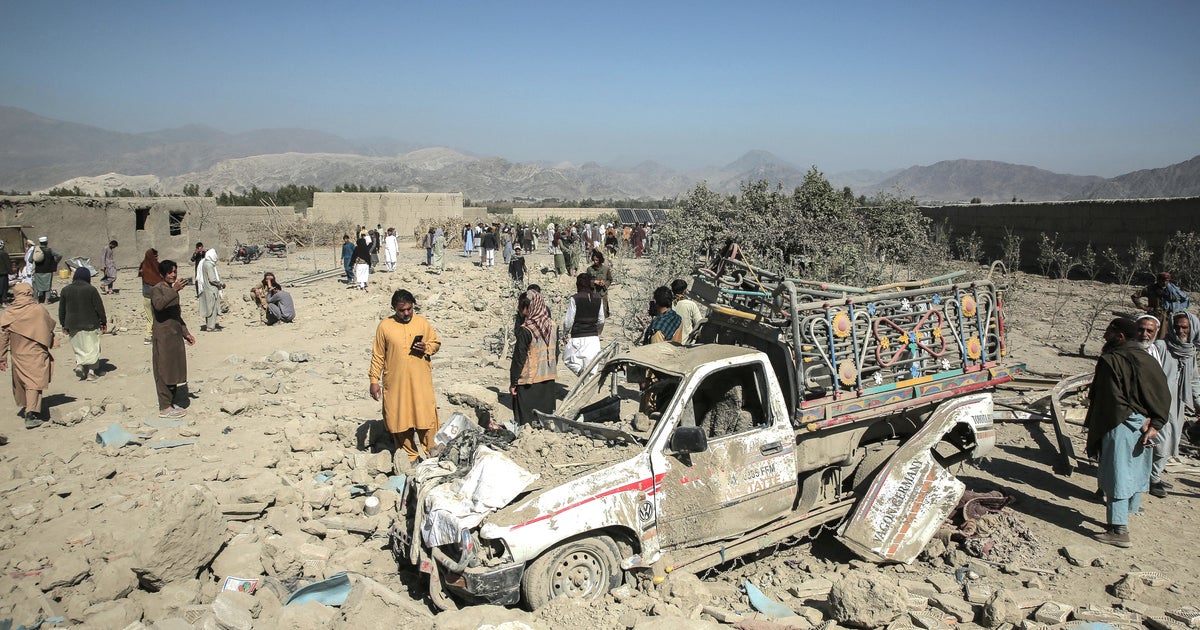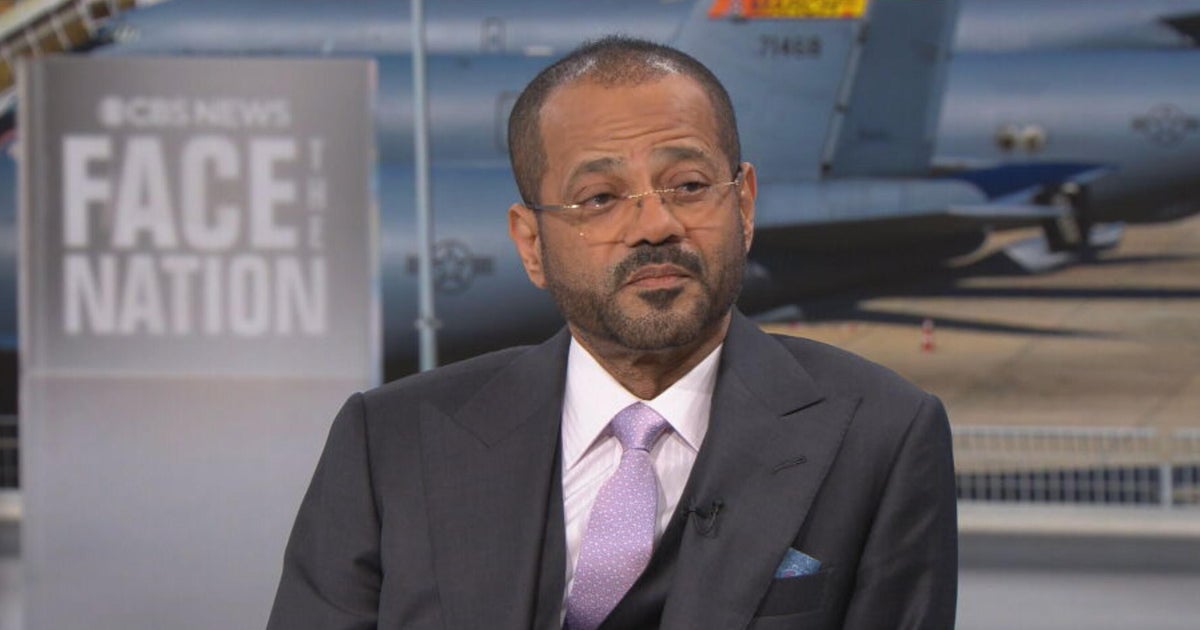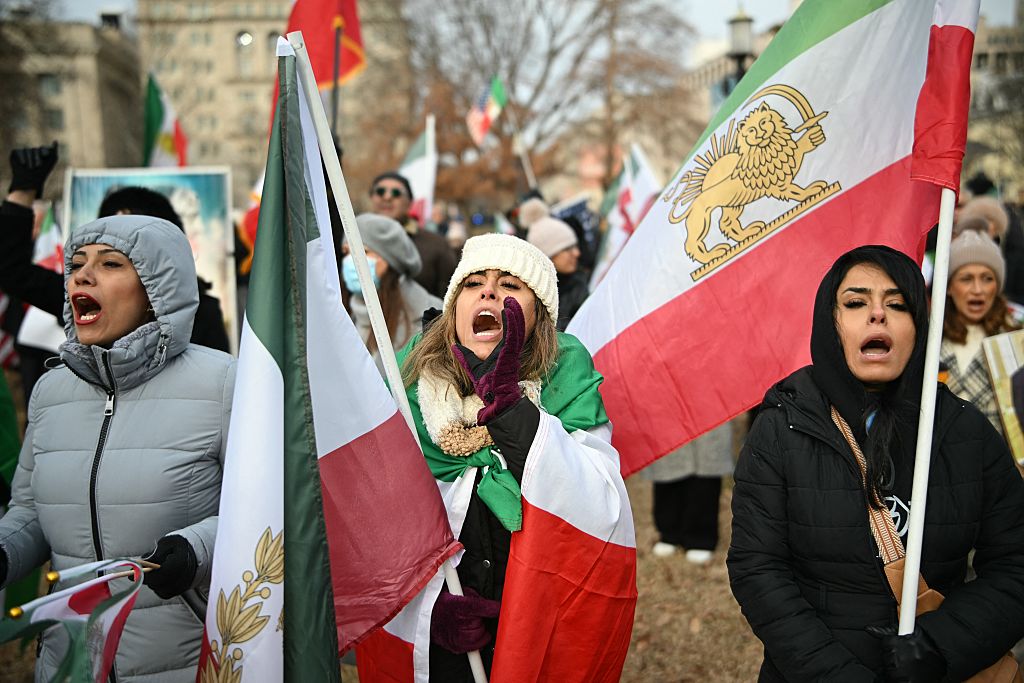Anger brews over official's call for Pakistanis to curb their tea habit to help heal the economy
Islamabad, Pakistan — Black, green, hot, cold or spiced, tea is the fuel and the lubricant for pretty much all social interactions across Pakistani society. Whether it's celebrating a wedding, sealing a business deal or just relaxing with friends and family, Pakistanis do it with a cup of tea in their hands.
So, it's little wonder that a government minister sparked outrage by suggesting that Pakistanis could help tackle their country's burgeoning international trade deficit by quaffing less of the stuff.
"I would appeal to the nation to cut down one or two cups of tea, because the tea we import is also imported on credit," said Minister for Planning, Development and Reform, Ahsan Iqbal.
Pakistan is the world's biggest importer of tea. The country buys around $600 million worth of it annually, mainly from Kenya. On average, Pakistanis drink about three cups of tea daily.
Iqbal's call for a bit of austeri-tea from the nation sparked a backlash on the streets, and online.
Pakistanis vented on various social media platforms, with many pointing to the lavish lifestyles of some politicians and government officials and saying their luxuries should be sacrificed first to save the nation's economy, rather than "a poor man's only leisure."
"Why should we reduce the use of tea?" demanded Jan Mohammad, a truck driver who told Pakistan's Dawn newspaper that he drinks 15-20 cups a day. "We drink at our expense, we don't drink with government money. The government has increased its expenditure. They travel in big cars, but we only enjoy tea."
At a gas station in the capital city of Islamabad, Bilal Haseeb, a young lawyer, said most Pakistanis should not be pressed into cutting down their tea consumption. He said it should be banned, however, in all government events and offices.
"I am unable to even fill my gas tank to get to work every morning, and now I will have to forgo my breakfast as well? Is that really fair?" he asked. "If government officers spend less time offering tea in their meetings and receptions, then the bill for their imports will automatically be reduced."
The real dilemma for Iqbal and the government he works for is the dire state of Pakistan's economy. The country's currency, the rupee, fell to a record low against the dollar on Wednesday, trading at 206 to the dollar.
The government has been forced to increase the prices of fuel, natural gas and electricity by as much as 45%.
Pakistan's foreign exchange reserves have also plummeted in value, falling from around $16 billion in February, to less than $10 billion in June, which is barely enough to cover two months' worth of the country's typical imports.
In May, Islamabad restricted the import of dozens of non-essential luxury items in an effort to protect the national cash reserves. The government, led by new Prime Minister Shebaz Sharif, recently introduced a $47 billion budget aimed at convincing the International Monetary Fund to restart a $6 billion economic bailout program. That help was put on hold early this year amid questions over Pakistan's finances.
Iqbal is not the first politician to propose that Pakistanis curb their consumption of staple foods to help their country weather the economic crisis. Riaz Fatyana, a lawmaker from the previous ruling party, drew anger by proposing that Pakistanis should eat less flatbread to cut down on the consumption of flour, much of which is also imported.
The government he worked for was later removed after a vote of no confidence in its leadership.
